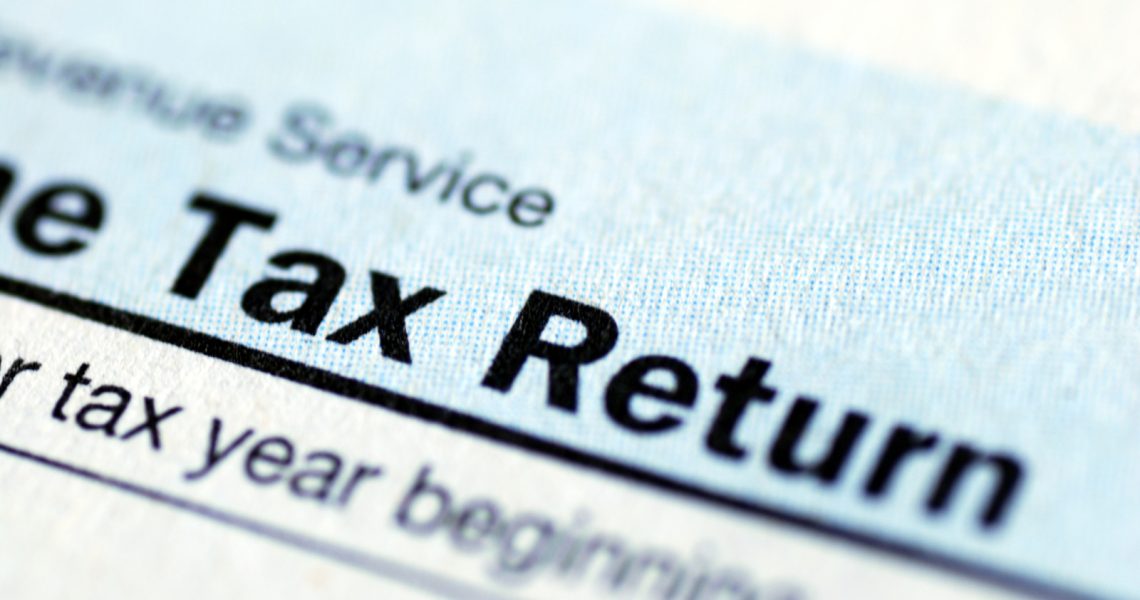The information on tax forms determines whether you are going to be audited. It must match what is on file with the IRS. Everything from names to dates of birth to the filing status of all your employees must be correct and matched. Checking previous year’s returns and SS cards can help ensure that the information entered is accurate.
Learn About Common Business Tax Filing Mistakes
With the help of a professional tax preparer and bookkeeper services, it becomes possible to eliminate any misinterpretations or errors. Keep reading to learn about the common mistakes business owners make when filing returns.
Not getting help from a professional accountant
When all is said and done, managing business taxes internally or with the help of business tax software may not always prove cost-effective. It is especially beneficial for businesses with an intricate or complex structure to hire an experienced accountant. This type of accountant can ensure that all deductions, credits, forms, and documents are filled out correctly and submitted to the appropriate entity by their deadlines.
Failing to claim the Qualified Business Income Deduction
For owners of pass-through entities, there is a very important deduction to take advantage of that often gets missed. This deduction is known as the Qualified Business Income Deduction (QBI), also established as the Section 199A deduction.
The deduction is based on the income of a business. Although it isn’t technically a tax deduction, it can still be leveraged to reduce a company’s tax liability. Three main characteristics determine the value of the QBI tax break: income level, business model, and business type.
Not taking advantage of all deductions
Expenses that exceed the business’ income over several years, or expenses outside of the common percentage, are usually a red flag for the IRS. Incorrect deductions are often viewed as a personal invite for an audit or penalty. At the same time, the IRS requires proper receipts for legitimate expenses that are deemed ordinary and necessary to run a business.
Mixing personal and business expenses
To the IRS, a major red flag appears whenever there is a hint of combining personal and business expenses. This is why it’s pertinent that you do not deduct any expenses that are not related to your business. For most business owners, this means that not every trip or ‘client’ dinner is deductible.
Attempting to pass off personal expenses as business expenses is a major no-no. Keeping the two types of expenses separate is vital to navigating your business tax bill without any headaches.
The classification of business activities is incorrect
An accurate classification of income and investments is required to calculate the tax due. The business’s legal structure, the type of industry, and the presence or absence of employees all influence the appropriate form. Misinterpretation and incorrect tax filing can result from errors in the classification of business activities.
Taxes were not planned for
You should know by now that not all tax advice is equal. And even though you may be like many businesses that consider tax preparation as if it were record-keeping, filling out tax forms with information from the previous year isn’t always the best route to take. Instead, you should have a professional tax advisor who knows your business in and out and keeps proper documentation of all business activities stemming from the prior decade.
Businesses should always consider the person who handles their finances as a coach; this coach is meant to assist the company team in figuring out how to avoid stresses related to taxes and keep taxes to a minimum. With the proper tax preparation, it becomes possible to reduce the stress in those people’s lives who are involved in the business’ tax filing processes. It also becomes possible to reduce the amount of money owed in taxes. When tax professionals do their job correctly, they can help businesses avoid unexpectedly large tax bills.


